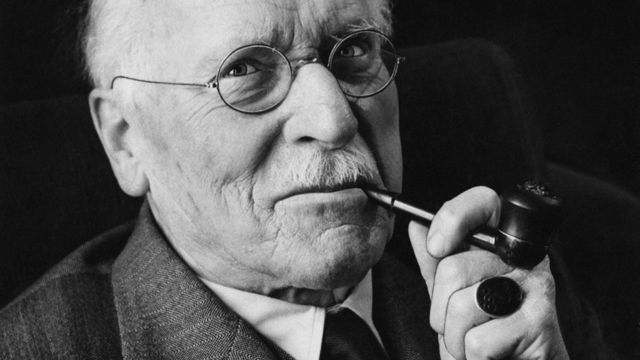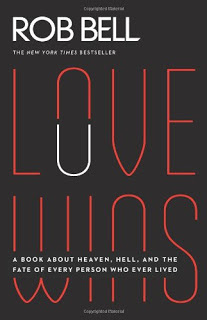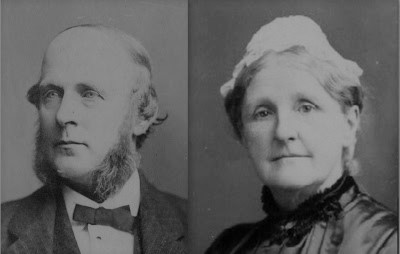Richard Dawkins Relates A Story About Carl Gustav Jung That Never Happened.

“Dawkins and Hitchens miss two important points. First, their critics are not only talking about their scholarly limitations but about their errors, errors that a more informed or careful critic wouldn’t make…”. Curtis White, The Science Delusion: Asking the Big Questions in a Culture of Easy Answers (with new afterward; Brooklyn, London: Melville House, 2014), 35. As you surmise, Dawkins has conflated the two episodes."—Sonu Shamdasani So, there it was. An email from one of the most distinguished Jungian scholars in the world confirming what I felt sure I already knew, namely, that in an attempt to make an appeal to an incident in the life of Psychologist Carl Gustav Jung, Richard Dawkins had somehow conflated two real incidents that did happen into a single one that did not happened. This is not of course the only place Dawkins makes such flubs in The God Delusion (see, e.g., Richard Dawkins Bemoans/Models Biblical/Biblical Illiteracy ). Both cas





